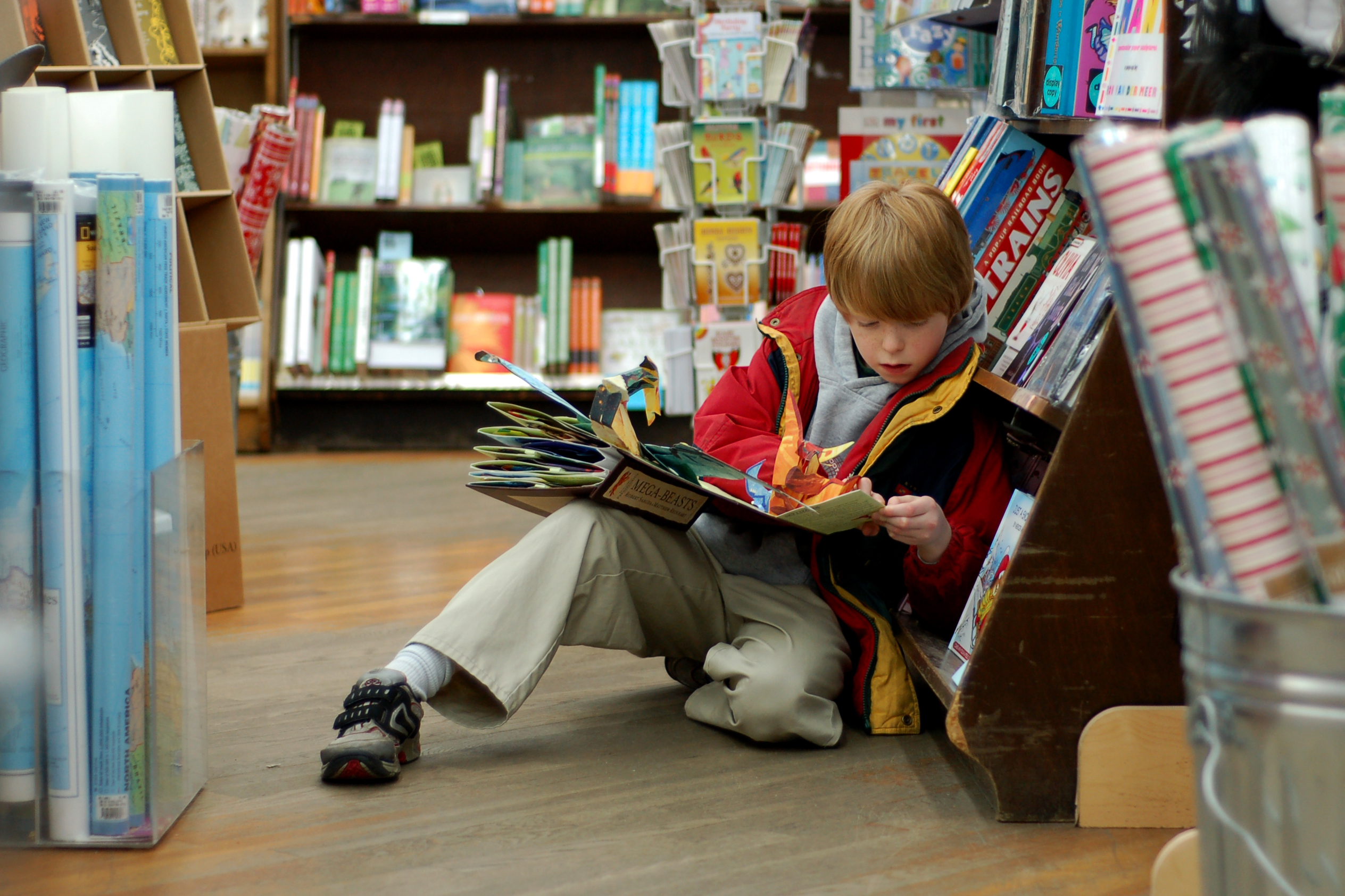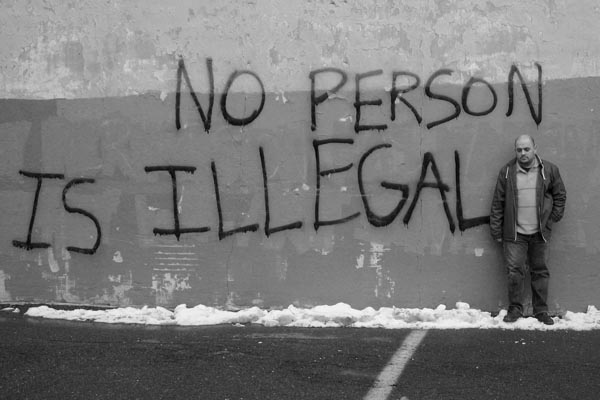
More consultation on the Arena needed
Virtually everyone agrees that the Arena will be a good thing for Bristol, providing a world class entertainment venue and re-vitalising the area just South of Temple Meads. In particular it should bring jobs to a part of town where there is high unemployment nearby.
It was very disappointing then to hear the Arena planning application being deferred last Wednesday.
The application was deferred largely because the Development Control committee (made up of councillors from different parties) was unhappy with the robustness of the transport arrangements for people coming to major events at the Arena. It is self-evident that bringing 12,000 people to an event in the city centre 20 times a year needs some serious planning.
Personally I'm not sure that it needed to be deferred; the committee could have imposed some conditions on the application but allowed building work to begin.
I am fairly confident that the sudden announcement at Cabinet on Tuesday of a very ill-considered proposal to build a car park on the newly acquired Bath Road site on the other side of the railway tracks played its part in undermining the confidence the committee had in the transport planning of the Arena team. Although it wasn't part of the planning submission it had obvious ramifications and it was hard to see how the two could be separated.
I have always been a big supporter of the plans to have a virtually car-free Arena. This has been pioneered successfully by Cardiff and the Bristol site can only work in this way. It is also very important that the Arena Island provides a good cycle and pedestrian alternative route linking Bath Road to Temple Quarter and East Bristol - the current shared path is absurdly narrow and dangerous. I have lobbied hard for this and we have moved from a position where the Bath Road was being completely ignored to one where we have the potential for a wide walk/cycle way and hopefully a ramp which is open 24 hours a day to wheelchair users and cyclists.
I also have spent a lot of time calling for more information to be made to councillors and residents. We had to fight hard simply to get an ordinary consultation event happen in Totterdown where the Arena is being built!
Hopefully the Arena team will get their act together quickly and satisfy the committee. What I would say is that more consultation at an early stage with residents and their elected representatives would greatly assist in making plans which are robust and workable.











